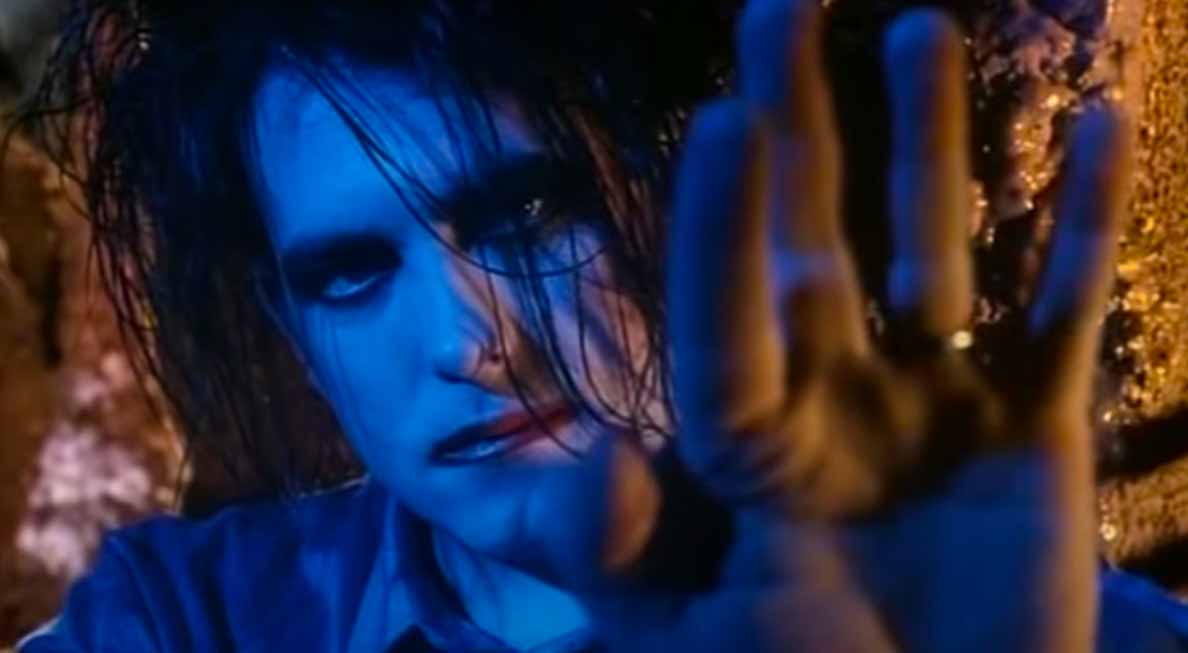The Cure – “Lovesong”:
A Heartfelt Hit in a Minor Key
When The Cure dropped “Lovesong” on August 21, 1989, as the third single from their Disintegration album, it wasn’t just another track. This one became their absolute biggest hit in the U.S., soaring all the way to No. 2 on the Billboard Hot 100. But beyond its chart success, there’s a really sweet, personal story: frontman Robert Smith actually wrote it as a wedding gift for his longtime love, Mary Poole, whom he married in 1988. How romantic is that?
A Simple Promise, Spoken from the Heart
Unlike the often mysterious or surreal lyrics that The Cure is famous for, “Lovesong” is strikingly direct. Lines like “However far away / I will always love you” and “Whenever I’m alone with you / You make me feel like I am home again” are just plain, honest declarations of everlasting love. That’s pretty rare in the band’s usually shadowy world!
Smith himself once called it “the most upfront, true, frank and honest thing I’ve ever sung.” Fans clearly agreed, embracing its emotional clarity with open arms.
A Standout on a Dark Album
Musically, “Lovesong” really stands out from the rest of Disintegration. That album is known for being super gloomy, introspective, and full of atmospheric dread. While “Lovesong” still has a moody vibe, its steady bassline, rich keyboards, and melancholic guitar give it a hypnotic, almost comforting feel. It’s definitely a love song, but it still feels unmistakably, wonderfully Cure.
The Video and Its Gothic Charm
The music video, directed by their long-time collaborator Tim Pope, features the band performing in a cool, cave-like setting, complete with stalagmites and plenty of shadows. Smith later joked that the opening shot looked like “a huge phallus” and wasn’t thrilled with how cramped the visuals felt, but the video has totally become a fan favorite for its unique gothic charm.
Covers and Enduring Reach
“Lovesong” has been reinterpreted by a bunch of different artists, including big names like Adele, 311, Tori Amos, and Death Cab for Cutie. The 311 version, with its reggae twist, even introduced the song to a whole new generation when it was featured in the 2004 movie 50 First Dates.
Legacy
More than three decades later, “Lovesong” remains one of The Cure’s most cherished tracks. It’s not just about its chart success; it’s about that raw, emotional honesty. It’s a rare moment of undeniable light in the band’s often dark discography, and it’s a perfect example of how powerful it can be to just say exactly what you mean.

